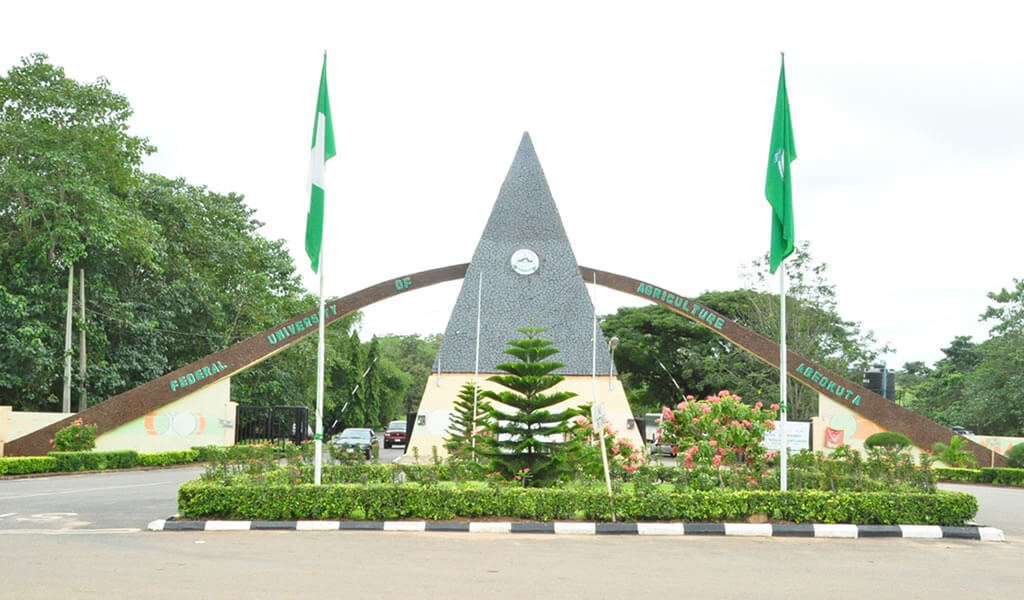PREAMBLE
The Department was established as the Department of Soil Science and Agricultural Mechanisation (SSAM) under the then College of Applied Science and Technology (CAPT). In 1989, the Department was placed under the College of Plant Science and Crop Production (COLPLANT). The University Senate at its 131st meeting on April 28, 2004 approved the change of name of the Department of Soil Science and Agricultural Mechanization to the Department of Soil Science and Land Management (SSLM).
The Department started with six academic staff in 1988 but only two of these pioneer lecturers remained by 2005. In 2004, three academic staff of the Department who were teaching the Agricultural Mechanisation aspect of the discipline were transferred to the newly established Department of Agricultural Engineering and this informed the need for a review of the curriculum of the programme and change of name.
Currently, there are 15 academic staff in various sub-disciplines of Soil Science, namely, Pedology/Soil Survey and Classification, Soil Fertility and Plant Nutrition, Soil Physics/Soil and Water Conservation, Soil Chemistry, Soil Microbiology and Biochemistry. Courses in these sub-disciplines are taught at both undergraduate and postgraduate levels. The University Senate at its 153rd meeting in October 2005 approved additional courses to be taught as electives in order to improve the curriculum of the undergraduate programme to conform to global trend and enhance entrepreneurial skill. These courses were (i) Soil Biology and Ecology, (ii) Land-Use Management and (iii) Soil Pollution Management. Standard laboratory and field equipment are available to support teaching, research and consultancy in these subdisciplines. In this regard, the Department has senior non-academic staff coordinating the laboratory and field/farm activities.
Since inception the Department has produced graduates in various classes of B. Agric. degree including many in first class. Staff-student relationship is very cordial, with staff providing necessary guidance for students to achieve excellence in their academic career.
PHILOSOPHY AND OBJECTIVES
Soil Science evolved as an agricultural and a natural science with the focus on agriculture in view of the need to provide food security for mankind. Although this need has been met by many industrialized nations, it is yet to be met in many countries of the world, particularly in Africa. For Nigeria, therefore, soil science has a major role to play in ensuring adequate food production, just as it did with the phenomenon of “green revolution” which included the use of fertilizer to boost food production. As food production is boosted, environmental problems also arise, which are tackled by expertise from the field of soil science. Furthermore, soil science has a role to play in tackling environmental problems arising from industrial and domestic activities. This necessitated the inclusion of land management for an appropriate focus on environmental soil science.
The major objectives of the Department are to:
i. develop soil management technologies which will guide in the use of soil resources for sustainable food production;
ii. develop technologies for the prevention or reversal of soil degradation and environment pollution arising from agricultural and non-agricultural land uses;
iii. assist in the attainment of sustainable production of food and raw materials for the growth of agricultural and allied industries in the bid to ensuring food security and alleviate poverty; and
iv. support the B. Agric. Programme in the production of manpower and entrepreneurial skills for either self-or paid-employment.


